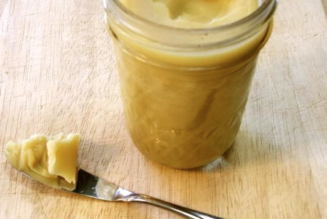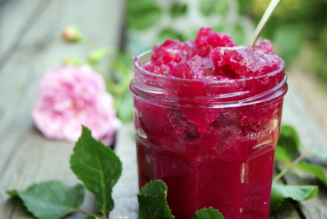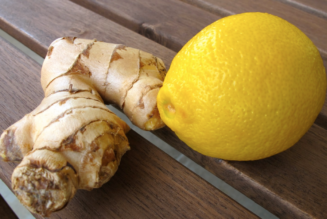Sat Isabgol – For Optimal Digestive Function
Sat Isabgol (Psyllium husk) is an efficient bulking agent which acts as both an antidiarrheal and a laxative. As it can be used in cases of constipation and diarrhea it has a strong affinity for the digestive and excretory systems. It is also known as Asva-Karna which means horse’s ear in Sanskrit – this refers to the seeds resemblance to a horse’s ear. Sat isabgol is an efficient herb for digestive issues, and as a gentle laxative, can even be used (cautiously) during pregnancy.
Some of the many ayurvedic actions that Sat isabgol possesses include; alleviating dry coughs and ulcers, regulates blood sugar, and comprises anti-inflammatory, expectorant and anthelmintic properties. When the husk is soaked with milk, this creates a laxative effect. However when the roasted seeds are used with water or buttermilk, it creates a constipating effect.
Word Of Caution:
Caution must be exercised when using Sat isabgol and it should be avoided in cases of weak digestion.
Extended use of Sat isabgol can diminish fertility.
Properties:
Sat isabgol is a heavy, oily and sticky herb and has a sweet, astringent taste with a cooling effect in the body. Its post digestive effect is sweet and it works especially well on the excretory, digestive and respiratory systems. In excess, it can increase the heavy water and earth elements in the body and so its use should be carefully monitored especially in cases of metabolic diseases.
Great Video ~ Dr. Mercola Speaks About The Benefits Of Psyllium Husk
Some indications, amongst others, include:
· Constipation
· Diarrhea
· Peptic ulcers
· Duodenal ulcers
· Worms
· Inflammatory intestinal conditions
· Dysuria
· Dry coughs
· hyperglycemia
· High cholesterol
· Diabetes
Usage:
There are some combination compounds that involve Sat isabgol to address certain conditions.
Some being:
1. Sat isabgol with triphala and rhubarb for constipation
2. Sat isabgol with kutki and triphala for diarrhea
3. Sat isabgol with vidanga for parasites
4. Sat isabgol with shatavari, amalaki and manjistha for intestinal inflammation
5. Sat isabgol with licorice for dry coughs
6. Sat isabgol with punarnava, gokshura and guggulu for dysuria
References:
· Lad, V. (1999). The complete book of Ayurvedic home remedies.
· Sharma, H. (2011). Ayurvedic Healing. Singing Dragon
· Lad, V. (2002). Textbook of Ayurveda.
· Lad, V., & Frawley, D. (1986). The yoga of herbs: An Ayurvedic guide to herbal medicine.
· Pole, S. (2013). Ayurvedic medicine the principles of traditional practice.
· Green, J. (2000). The herbal medicine-makers’ handbook a home manual.
· Lad, V. (2012). Ayurvedic perspectives on selected pathologies.
![Sat Isabgol [Psyllium Husk] – For Optimal Digestive Function](https://healthyayurveda.com/wp-content/uploads/2015/09/Screen-Shot-2015-09-04-at-2.03.58-PM-1050x600.png)
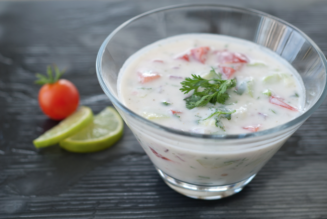

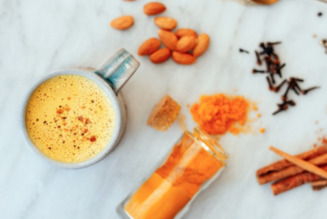
![Female Health: Amenorrhea [cessation of menses] – An Ayurvedic Perspective](https://healthyayurveda.com/wp-content/uploads/2015/07/1.-Amenorhea--327x219.png)

